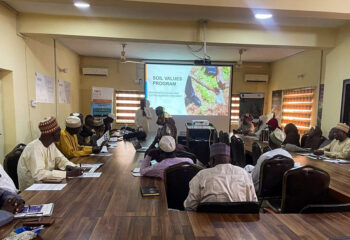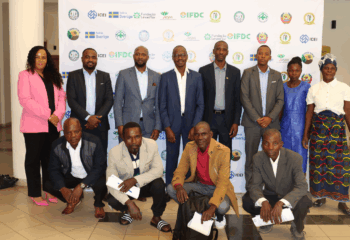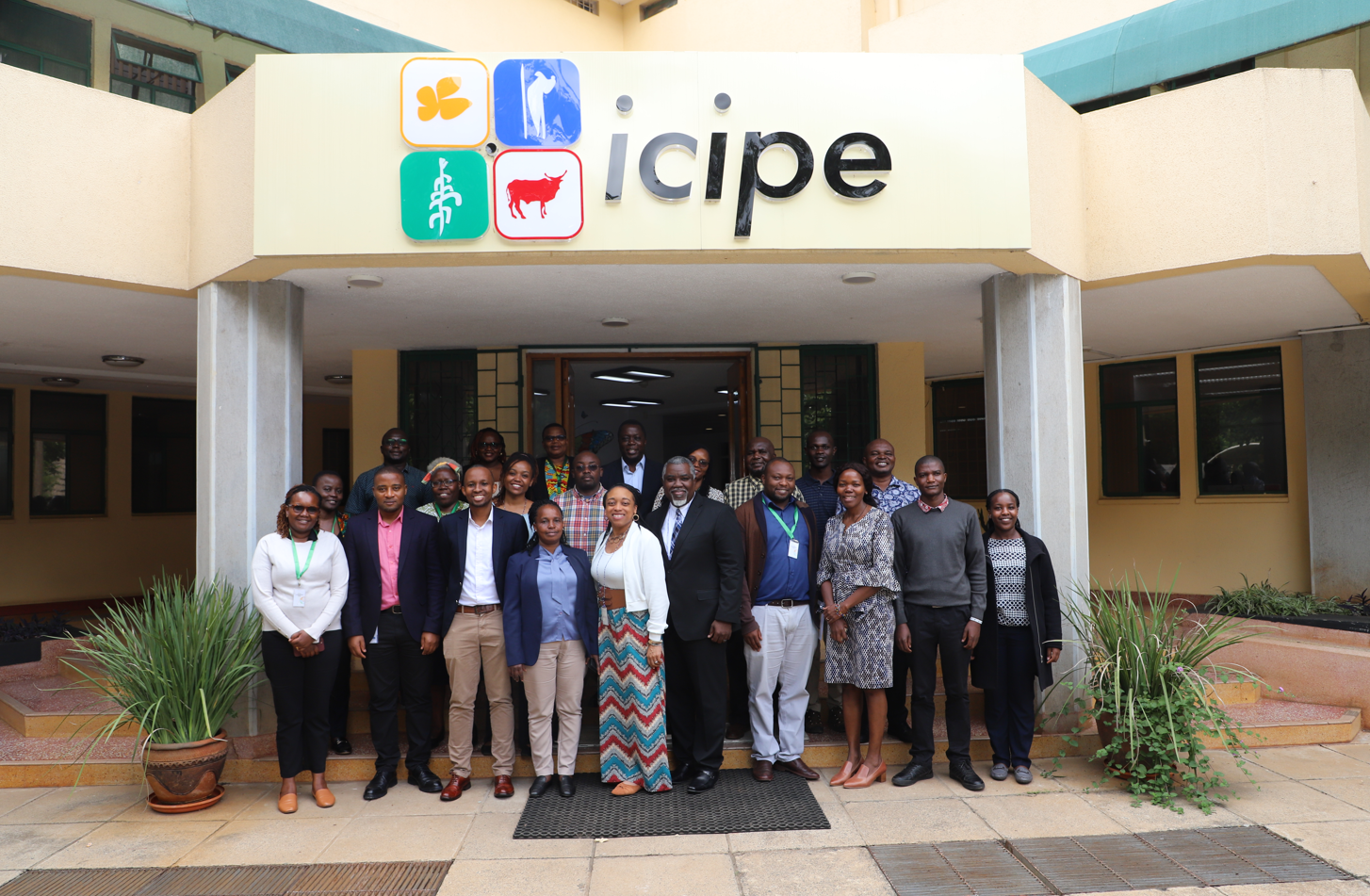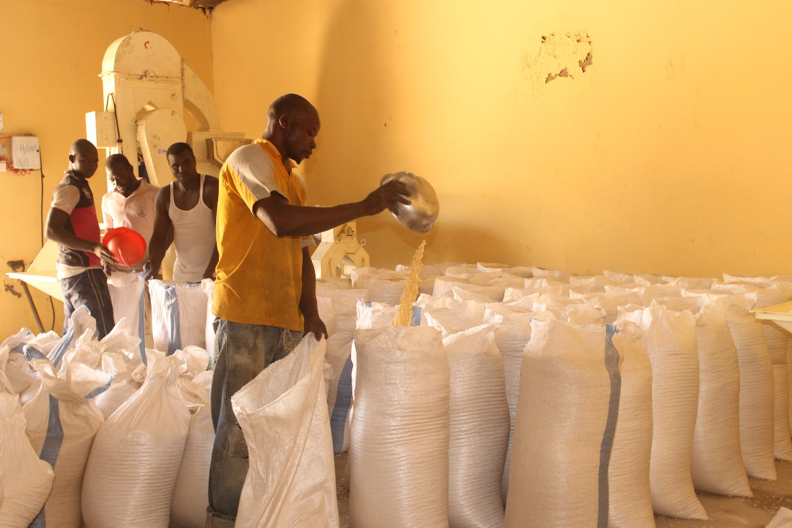
It is a flourishing business season for Antika, Ariku, and Heritage Seed, three seed companies in Upper East, Upper West and Northern Regions of Ghana. They have sold over 475 metric tons (mt) of seed processed for this cropping season.
With the help of new seed processing machines acquired through the matching grant mechanism of the IFDC-implemented Feed the Future Ghana Agriculture Technology Transfer project, the trio has been able to easily fast-track the seed processing stages, which include cleaning, grading, treating, and bagging.
In addition to the booming seed business for the seed companies, farmers will have better access to quality seeds. Often, farmers are unable to access quality seeds to sow during the peak farming season, while others buy grains bagged as “certified seed” in the open market. The project will strive to reduce this occurrence.
The project financed the purchase of modern seed processing equipment with the capacity of 6 mt per hour. It consisted of a Dichwe cleaner, trommel (three-screen), seed treater, bagging unit (bin, trolley, and stitching machine), and mini laboratory kits to enhance the production and processing of larger quantities of seed to be distributed to farmers.
According to Alhaji Abdulai Antika Seidu, Chief Executive Officer of Antika Company Limited, the beneficiary company has sold all of the seed (325 mt) produced during this rainy season, including maize, soybeans, cowpea, and sorghum varieties.
“The agro-dealers, who are my outlets in various communities, are requesting more seeds, especially maize. But as I speak with you, I have sold all of my seeds…I will double my acreage next season from 300 to 600 acres,” Antika explained.
In the previous year, Antika spent three months processing the seeds; however, with the use of the new equipment, it took only three weeks to process over 325 mt. The short processing time enabled him to have some time to attend to other business.
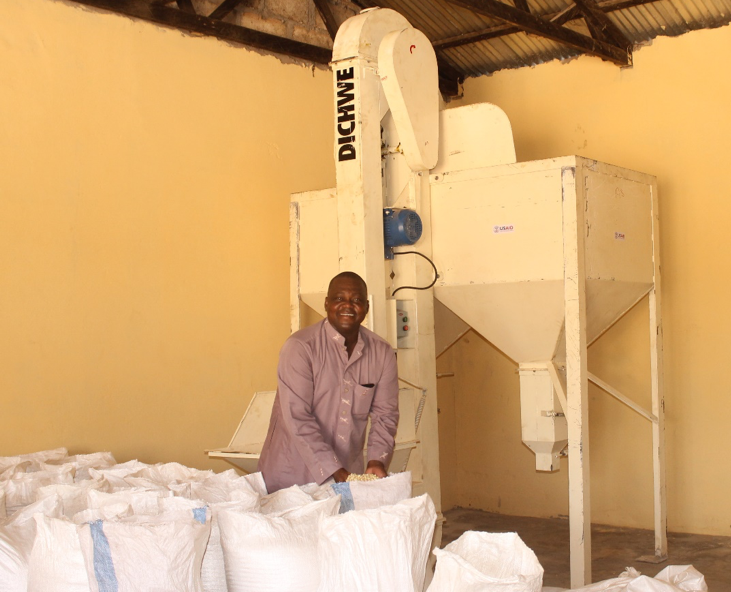
“In this region, there was only one machine that did the sorting and grading, but it broke down, so we had to hire women to manually do that job. On average, I employ 20 women and pay each of them GHS 14.00 [U.S. $3.55] a day for their labor and feeding. Buying the machine was capital-intensive, but now it has reduced my labor costs by 96 percent. I buy pre-paid electricity power for GHS 150.00 [$38.07] and am good to go,” Antika said.
This has increased the number of 100-kilogram bags processed per day from 12 to 480, which translates to an average of 48 mt per day.
Above all, Antika can now deliver seeds to his clients on a timely basis as soon as requests are made.

